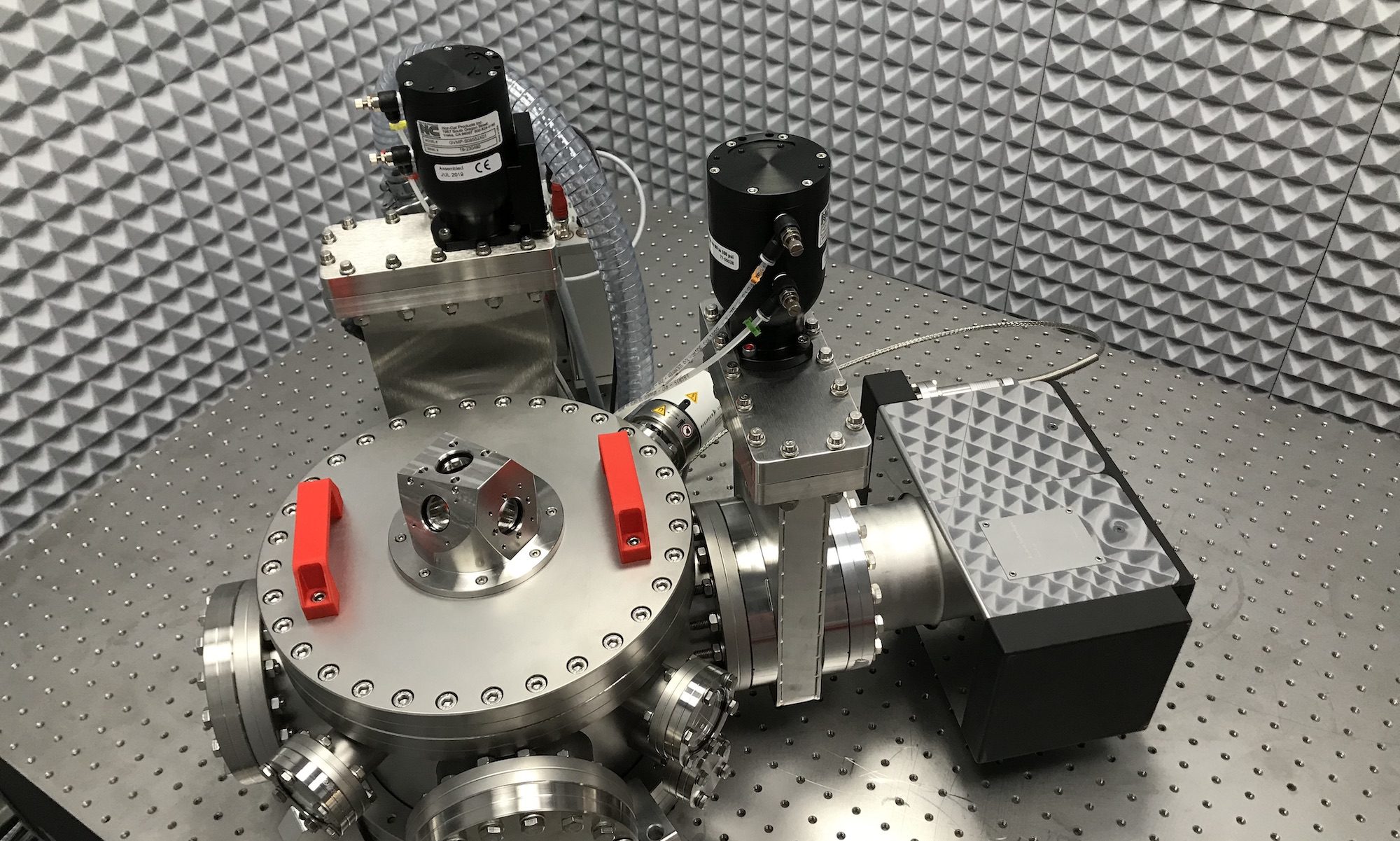M. Adier, F. Aguilar et al., General Relativity and Gravitation 46, 1749 (2014)
doi: 10.1007/s10714-014-1749-4
The Amaldi 10 Parallel Session C3 on Advanced Gravitational Wave detectors gave an overview of the status and several specific challenges and solutions relevant to the instruments planned for a mid-decade start of observation. Invited overview talks for the Virgo, LIGO, and KAGRA instruments were complemented by more detailed discussions in presentations and posters of some instrument features and designs. This article is a collection of the abstracts of this session, including the presentation by my collaborator Massimo Granata :
Results from Raman spectroscopy and direct thermal noise measurements on tantala and silica coatings (Presenter: M. Granata)
In order to isolate the mechanisms behind thermal-noise fluctuations in optical coatings, the Laboratoire des Matériaux Avancés has started a collaboration with the Institut Lumière Matière to investigate the Raman spectra of ion-beam sputtered tantala samples with different annealing history. Work is presently ongoing to understand the observed behaviours, in order to correlate the mechanical loss to the evolutions of the Raman spectra. The same analysis will be shortly carried out on fused silica coatings too.
A novel technique of direct thermal noise measurements, developed by the École Normale Supérieure de Lyon, is presented. Measured samples are tipless cantilevers with ion-beam sputtered coatings of tantala or fused silica, annealed before and after the coating. In all cases, the power spectral density of the measured noise is inversely proportional to the frequency, as predicted by the structural noise model with constant loss.

